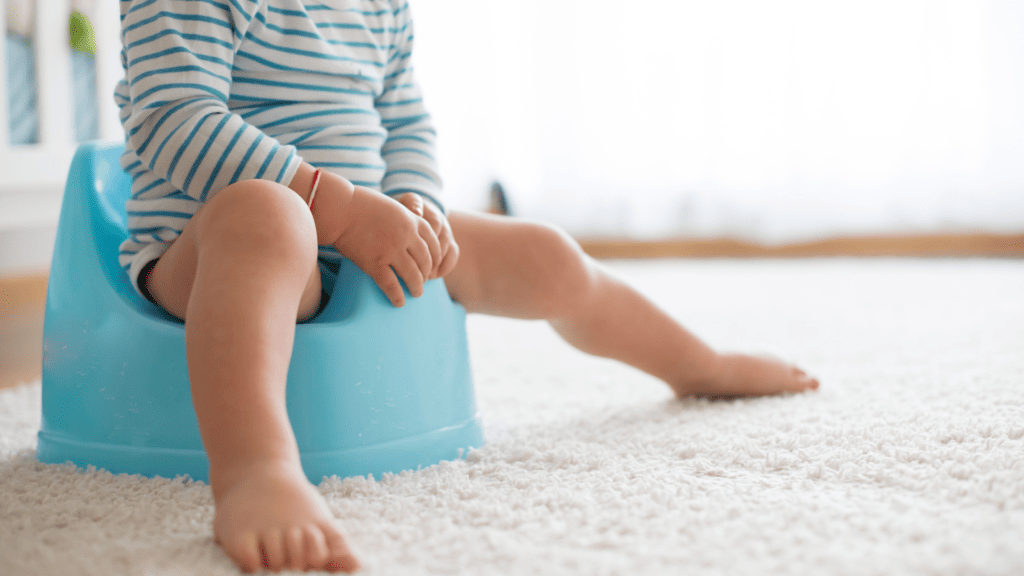
Toilet training tips: are you looking for effective strategies to help your child conquer this challenge with ease and confidence?
Toilet training, or as it’s also known, potty training, is a huge milestone for both parents and toddlers. It can be a challenging and sometimes frustrating process, but it’s an important step towards independence and self-care for young children – and once you’ve cracked it there is no better feeling!
Here are some tips you can try for successful toilet training:
Timing
There’s no “right” age to start toilet training, as every child is different. However, most children are ready between the ages of 2 and 3, so look for signs of readiness such as showing interest in the bathroom, staying dry for longer periods of time, and expressing discomfort with a dirty nappy. Here are some further details regarding those signs.
Preparation
Before you start toilet training, prepare your child by reading books about using the potty, talking about what to expect, and letting them pick out their own potty seat or step stool. There are lots of books that may be helpful linked here.
Consistency
Set up a routine that works for your family and try to stick to it as much as possible. Take your little one to the toilet at regular intervals throughout the day, at roughly the same time each day. Encourage them to sit on the potty even if they don’t need to go, to help establish the habit.
Positive reinforcement
Praise and reward your child for successful trips to the toilet. This can be as simple as clapping and saying “good job!” or offering a small treat or sticker.
Patience
Toilet training takes time and patience, and there will likely be setbacks along the way. Stay positive and encouraging and remember that every child learns at their own pace.
Please remember to note that every child is different, and there is no one-size-fits-all approach to toilet training. Some children may take longer to fully transition to using the toilet independently, and that’s okay.
If you’re experiencing difficulties or have concerns about your child’s progress, don’t hesitate to speak with your child’s pediatrician or a child development specialist.
.
.
.
.
You might also like to check out our blog here on digital technologies and children.




